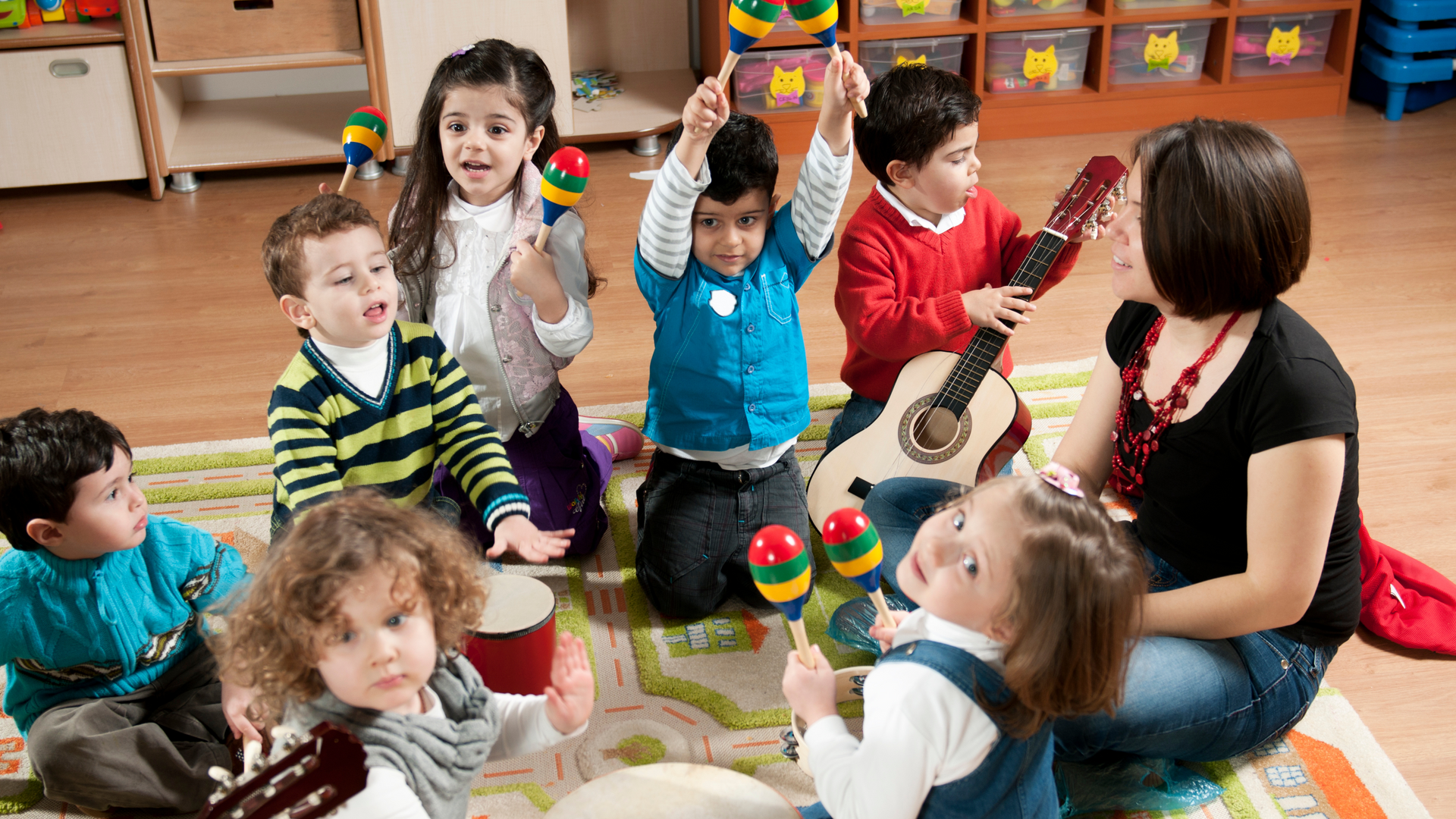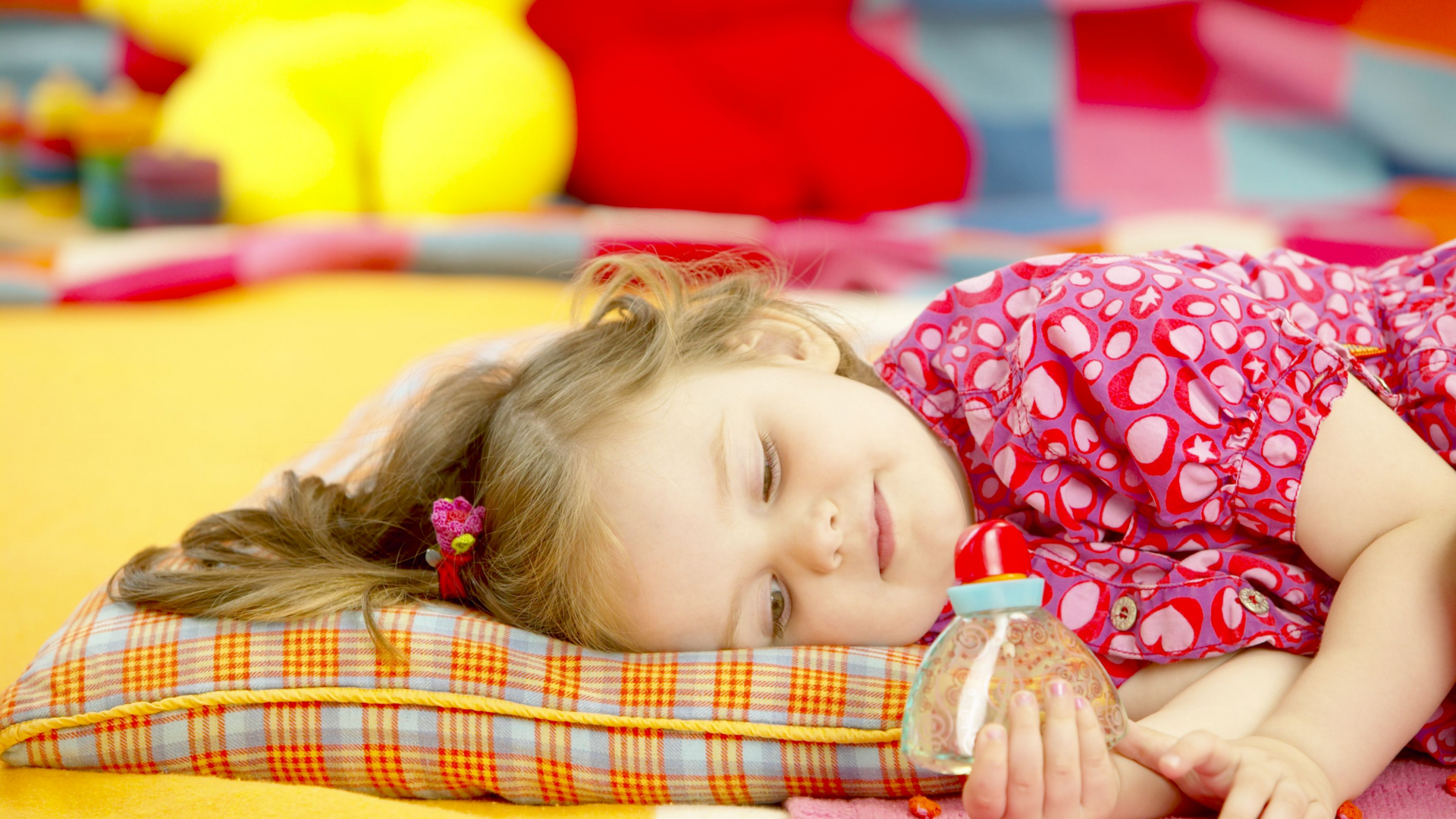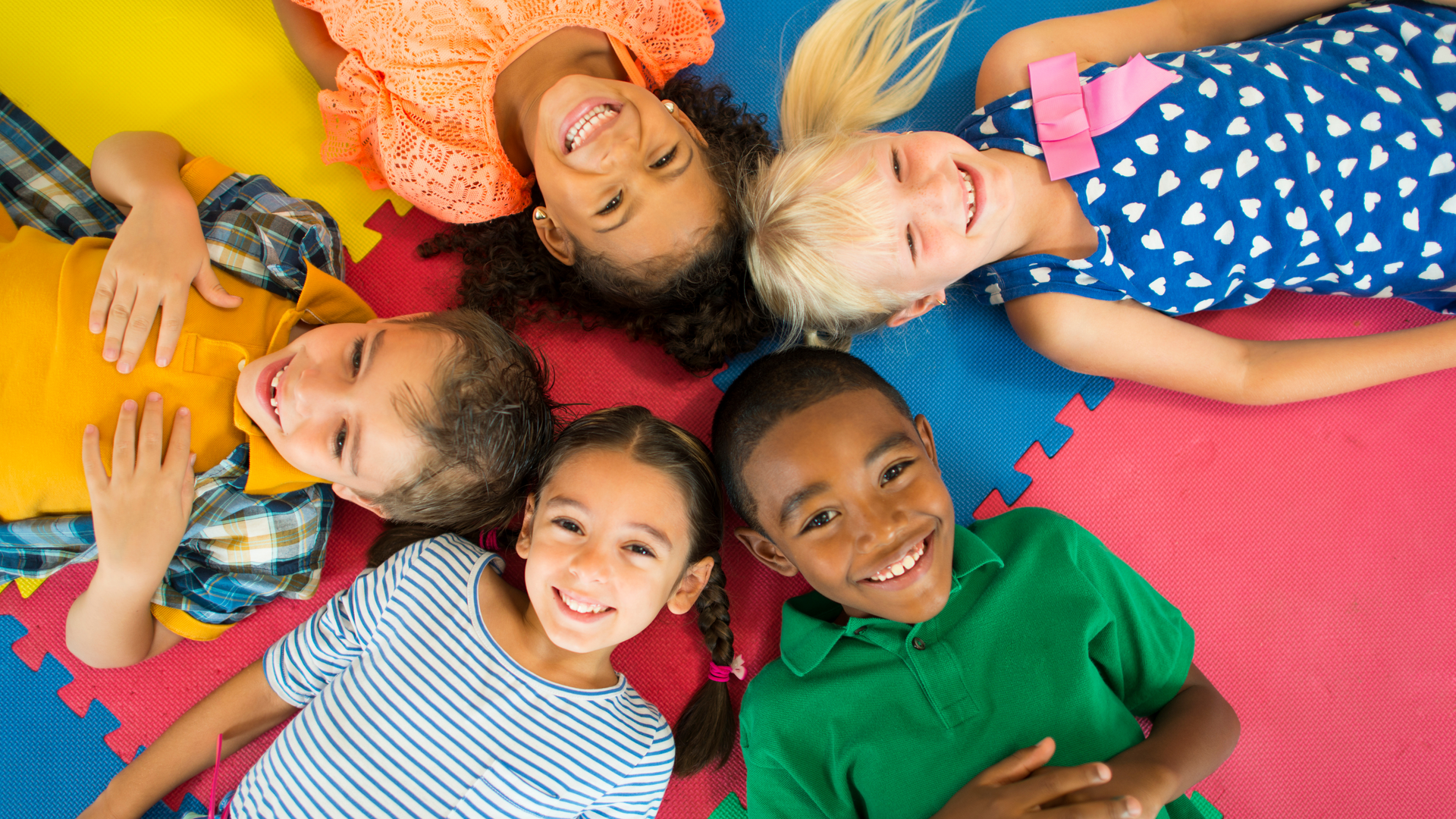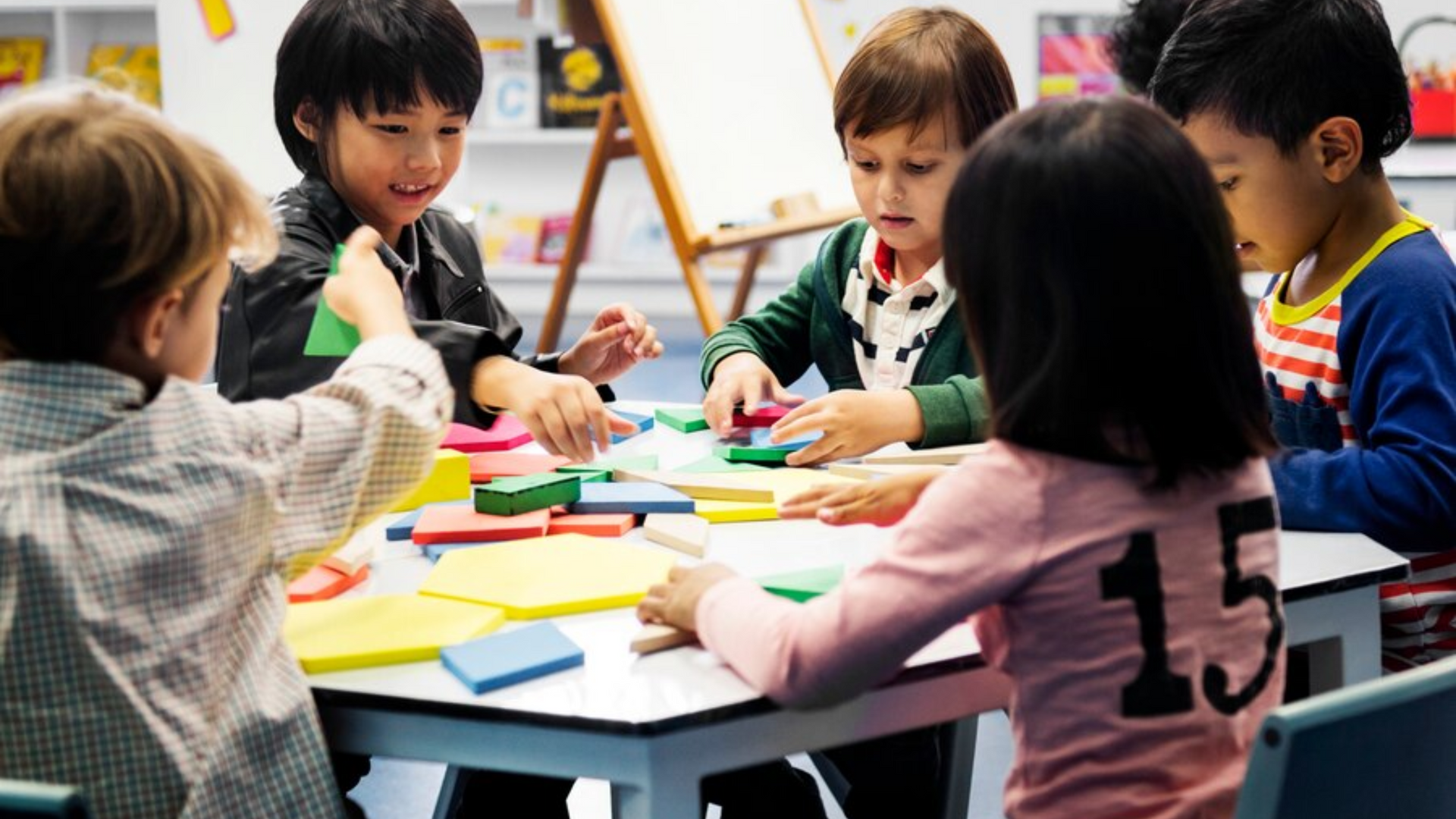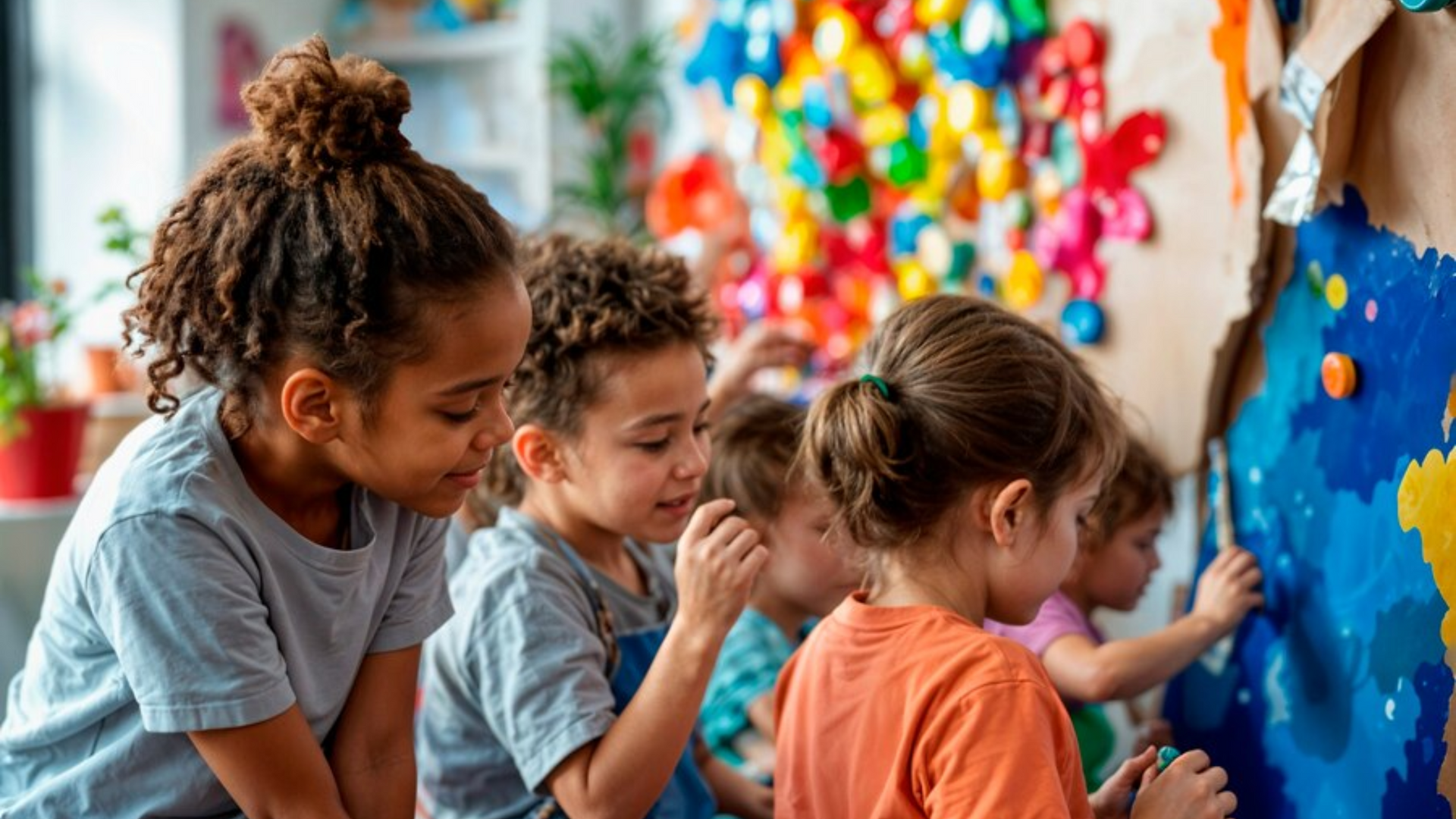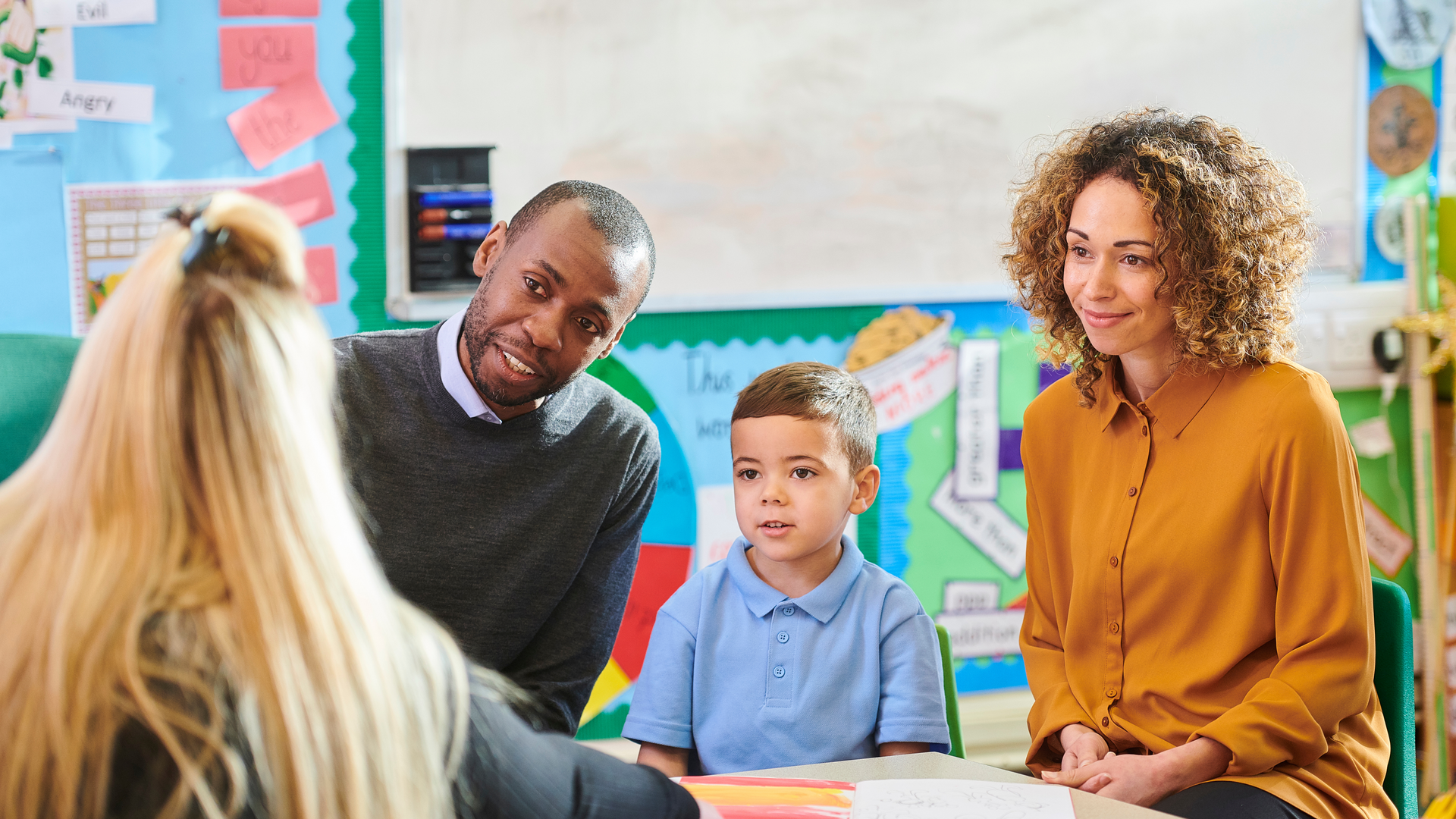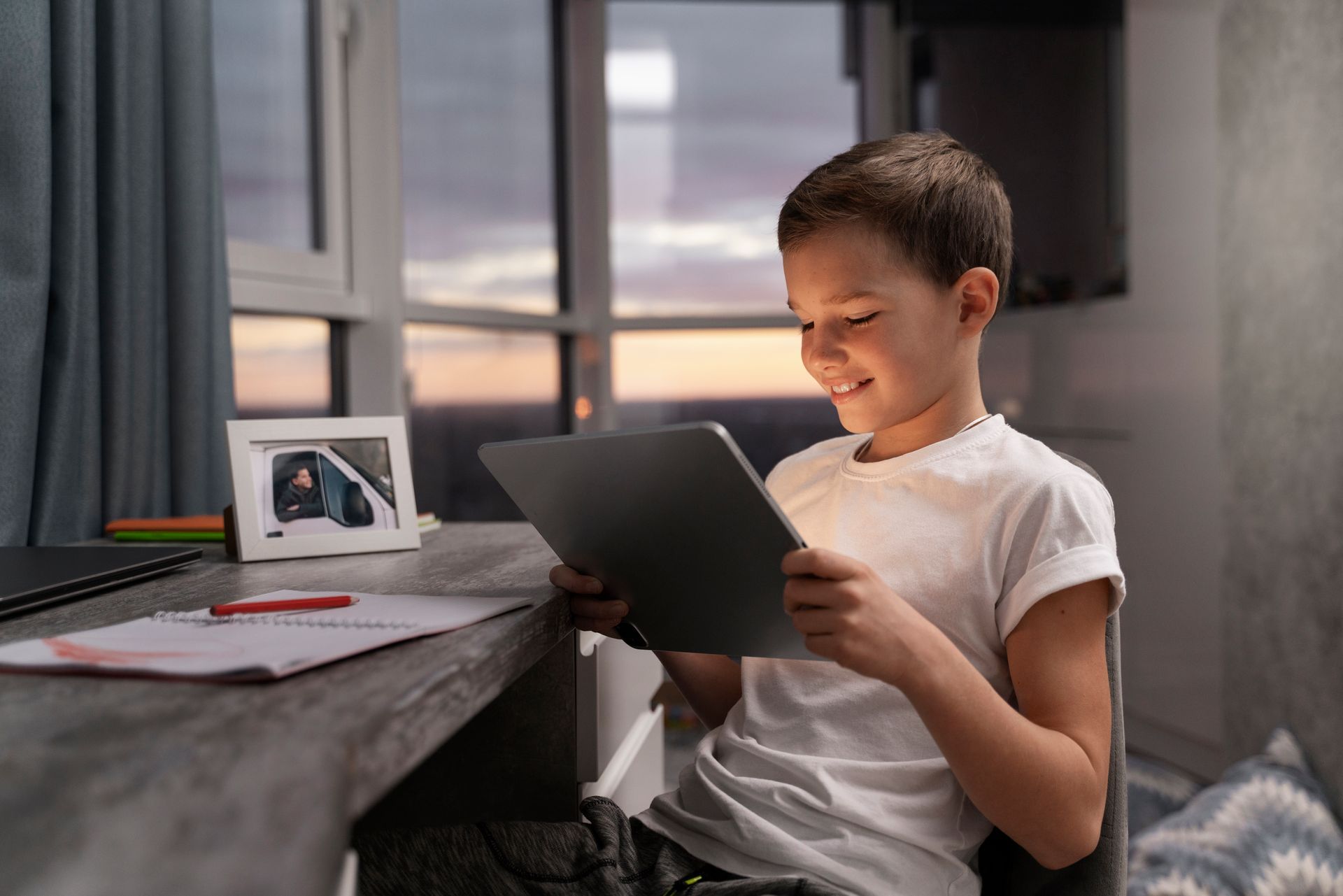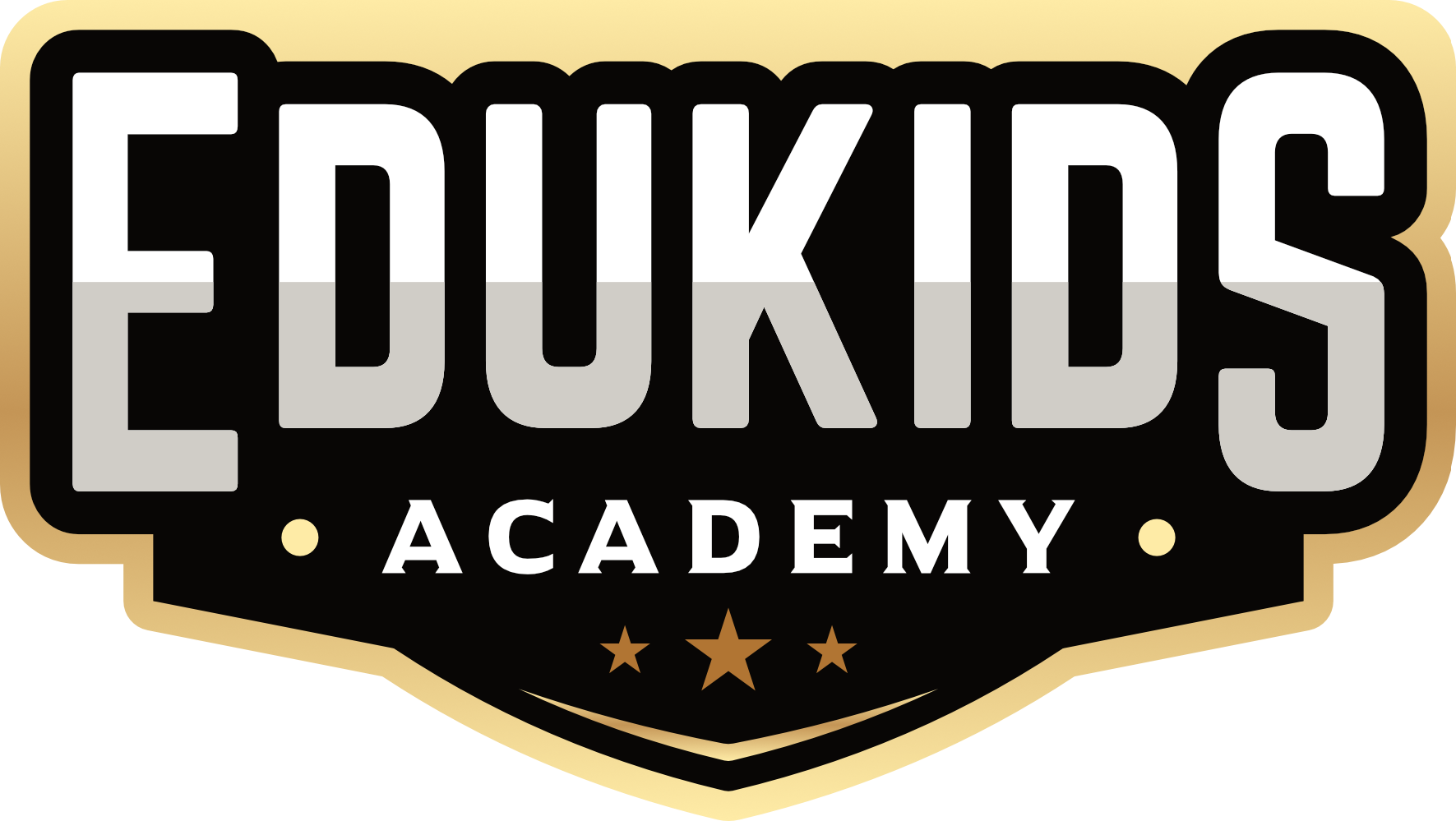The Power of Play-Based Learning in Preschool

At Edukids Academy, we understand that for young children, play is not just a way to pass the time—it is a fundamental part of how they learn. When children engage in play, they are doing much more than simply having fun. They are exploring, experimenting, socializing, problem-solving, and developing essential cognitive, emotional, and physical skills. This is the heart of play-based learning, a method that transforms every game, every interaction, and every imaginative adventure into a meaningful learning experience.
What is Play-Based Learning?
Play-based learning is an educational approach that uses play as the primary method for developing foundational skills in early childhood. Rather than focusing on rote memorization or passive instruction, this philosophy allows children to learn actively and holistically through exploration and creativity.
In a play-based learning environment, children choose activities based on their interests while being guided by educators who carefully craft the setting to include rich opportunities for discovery and growth. Whether they are building with blocks, pretending to run a grocery store, or exploring the sensory table, children are constantly learning through their actions and interactions.
The Science Behind Play-Based Learning
Research in child development and neuroscience underscores the effectiveness of play in fostering brain development. The American Academy of Pediatrics and the National Association for the Education of Young Children both emphasize the role of play in promoting healthy brain growth and lifelong learning habits.
Play stimulates neural pathways associated with decision-making, emotional regulation, language acquisition, and executive functioning. Through play, children naturally develop skills like:
- Critical thinking and problem-solving
- Language and communication
- Social negotiation and cooperation
- Self-regulation and impulse control
- Physical coordination and motor skills
When children are engaged in meaningful play, their brains are activated in ways that support deep learning—making concepts stick and abilities flourish.
Types of Play in a Preschool Setting
There are various forms of play, each with unique benefits. At Edukids Academy, we integrate multiple types of play to ensure well-rounded development:
- Free Play: Unstructured and child-led, encouraging creativity and independence.
- Guided Play: Teacher-facilitated activities that direct learning while allowing freedom of exploration.
- Constructive Play: Activities like building and art projects that promote problem-solving and fine motor development.
- Pretend Play: Role-playing and make-believe that boost language, empathy, and imagination.
- Physical Play: Movement-based games and outdoor play that build gross motor skills and coordination.
Each type of play supports distinct developmental goals, and when thoughtfully combined, they offer a comprehensive learning experience.
Social and Emotional Benefits of Play
Play is one of the earliest ways children learn to interact socially. Through group play, children practice taking turns, sharing resources, resolving conflicts, and collaborating on shared goals. These experiences are invaluable for building social-emotional intelligence.
Pretend play, for instance, allows children to step into different roles and perspectives, helping them develop empathy and understand others’ feelings. Cooperative games require children to communicate and strategize together, reinforcing trust and interpersonal skills.
At Edukids Academy, we intentionally create play-based scenarios that promote these vital social-emotional skills. Our teachers are trained to recognize teachable moments and gently guide children toward constructive resolutions.
Cognitive and Academic Foundations
One of the greatest misconceptions about play-based learning is that it doesn’t prepare children academically. In reality, play-based learning lays the groundwork for future academic success in powerful ways.
When children sort blocks by color or size, they are building early math skills. When they act out stories, they are enhancing literacy and narrative understanding. Puzzle-solving promotes logic and spatial reasoning. Through repeated hands-on activities, children develop a natural curiosity about numbers, letters, patterns, and science concepts.
By the time they enter kindergarten, children from play-based programs often demonstrate advanced critical thinking, communication, and problem-solving abilities—skills that are essential for academic achievement.
Language Development Through Play
Language flourishes in a play-based setting. Whether children are pretending to be doctors and patients or describing their block tower creations, they are practicing vocabulary, sentence structure, and expressive communication.
Teachers at Edukids Academy facilitate this growth by engaging in conversations with children during play, asking open-ended questions, and introducing new words in context. These interactions not only support language development but also deepen comprehension and build confidence in self-expression.
Physical Development and Motor Skills
Play is also crucial for physical development. Activities like climbing, jumping, running, drawing, cutting, and manipulating small objects all help refine both gross and fine motor skills. These are foundational abilities that influence everything from writing to self-care routines like buttoning a shirt or tying shoes.
Our outdoor playgrounds and indoor activity areas at Edukids Academy are designed to support a wide range of physical activities that strengthen muscles, improve coordination, and boost overall health.
The Role of the Teacher in Play-Based Learning
In a play-based classroom, teachers are not just observers—they are active participants and facilitators. Educators create intentional environments rich with materials and opportunities that align with developmental milestones and curriculum goals.
At Edukids Academy, our teachers carefully observe children at play, looking for signs of growth and identifying areas that may need additional support. They ask thoughtful questions to deepen understanding, suggest new ways to explore a topic, and scaffold learning to ensure every child is challenged at their level.
Building Lifelong Learners
Perhaps the most powerful aspect of play-based learning is its ability to foster a lifelong love of learning. When children discover that learning can be joyful, creative, and empowering, they become more motivated, curious, and confident learners.
At Edukids Academy, we see every day how play ignites imagination, fuels exploration, and cultivates resilience. These are qualities that stay with children well beyond preschool, shaping their approach to learning and problem-solving throughout their lives.
Conclusion
Play-based learning is not a luxury or an add-on—it is a research-backed, developmentally appropriate, and highly effective approach to early education. It respects the way young children naturally learn and honors their need to move, imagine, and create.
By embracing the power of play, we help children at Edukids Academy build strong foundations for future academic, social, and emotional success. Our classrooms are filled with laughter, questions, discoveries, and growth—all made possible through play.
If you're ready to take the next step in your child's educational journey and want to ensure a spot in a high-quality preschool program, be sure to check out our helpful resources on how to secure your child's spot in a top Orlando childcare program and what's the best age to start childcare. These guides can help you make informed choices and confidently plan your child’s path to success.
